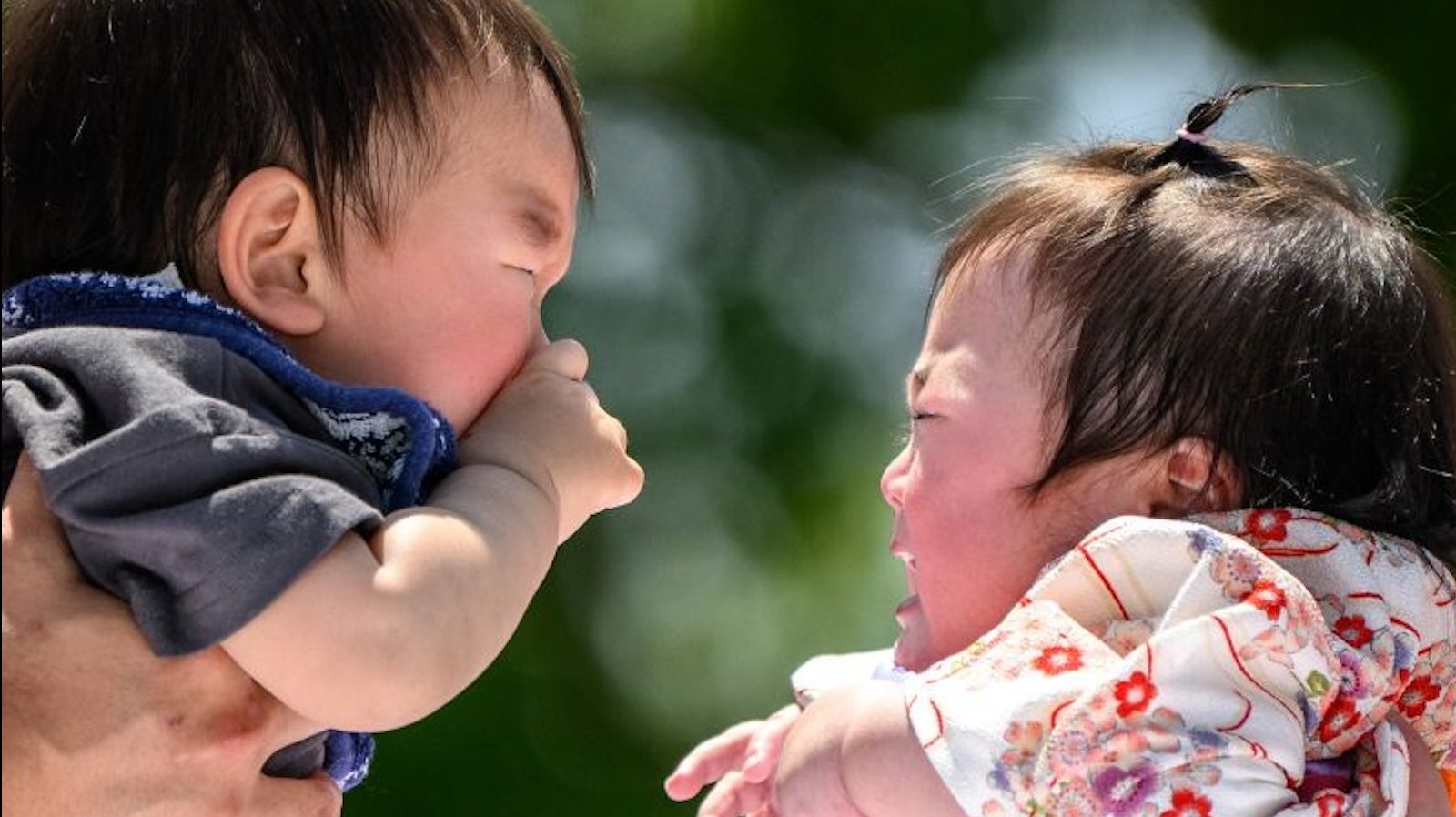Japan's Struggle with Declining Birth Rates and Government Interventions
Japan continues to face a significant decline in birth rates, hitting another record low despite various government initiatives aimed at encouraging young people to marry and start families. According to the Ministry of Health, Labor and Welfare, the country's fertility rate fell to an all-time low of 1.20 in 2023, down from 1.26 the previous year. For a population to remain stable, a fertility rate of 2.1 is required.
This long-term decline has resulted in more deaths than births each year, significantly impacting the workforce, economy, and social fabric. In 2023, Japan recorded 1.57 million deaths, more than double its 727,277 births, marking the eighth consecutive year of decline in birth rates. Furthermore, the number of marriages fell by 30,000, while divorces saw an increase. These trends indicate that the reduction is likely irreversible for at least several decades due to Japan's demographic structure.
In response, the Japanese government has taken drastic measures, including launching new agencies to combat the issue. These measures include expanding childcare services, offering housing subsidies to parents, and even providing financial incentives for couples to have children in some cities. A unique approach has been introduced in Tokyo, where local authorities are testing a government-run dating app aimed at promoting marriage among residents.
The app, featuring an AI-based matching system, requires users to complete a 'values diagnostics test' and specify desired traits in a partner. The Tokyo Metropolitan Government hopes the app will serve as a 'first step' for those planning to marry. Users must be single, over 18, and reside or work in Tokyo to register. The app has already drawn attention, including comments from billionaire Elon Musk, who emphasized the importance of addressing Japan's demographic issue.
Experts suggest that while Japan's fertility rate may stabilize eventually, the country will undergo significant changes in demographics, economy, and policies. The government also provides support in work-family balance, childcare, housing assistance, and encourages increased male involvement in household duties. Despite these efforts, public opinion remains divided, with some appreciating the initiative and others questioning the use of taxpayer funds for such projects. Prime Minister Fumio Kishida has promised a more generous family policy, but reversing the trend remains a challenge.
- In Japan, the low birth rate problem is exacerbated by economic instability and the difficulties of balancing work and family life. A ministry official described the situation as 'critical,' citing the lowest national fertility rate since 1947.
- In addition, societal norms play a role, as births outside of marriage remain relatively rare, accounting for about 2% of all births. Despite the efforts of multiple governments, the trend has yet to be reversed, heightening concerns over the country's aging population.
- Public reaction to the government's dating app initiative has been mixed. While some people welcome the measure for security reasons, others criticize the use of taxpayers' money for the implementation of such tools.
- The labor shortage in Japan is another urgent issue, driven partly by the aging population and strict regulations on immigration. This labor shortage adds another layer of complexity to Japan's demographic challenges.






